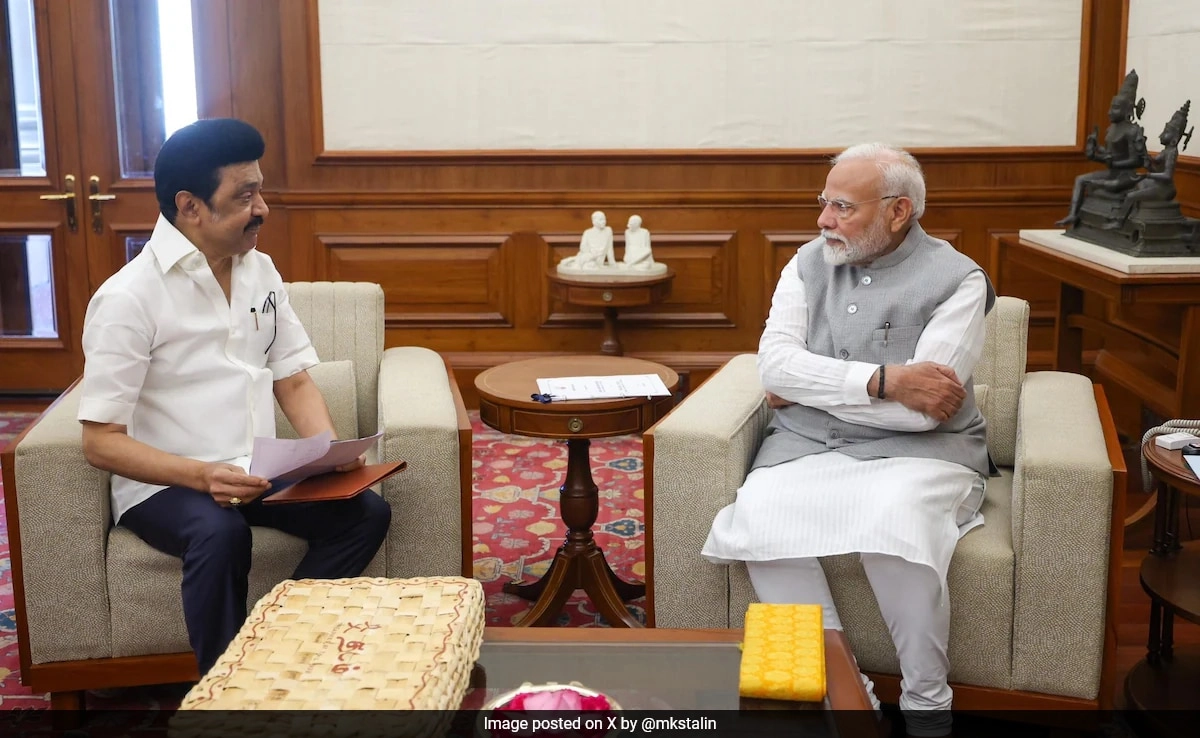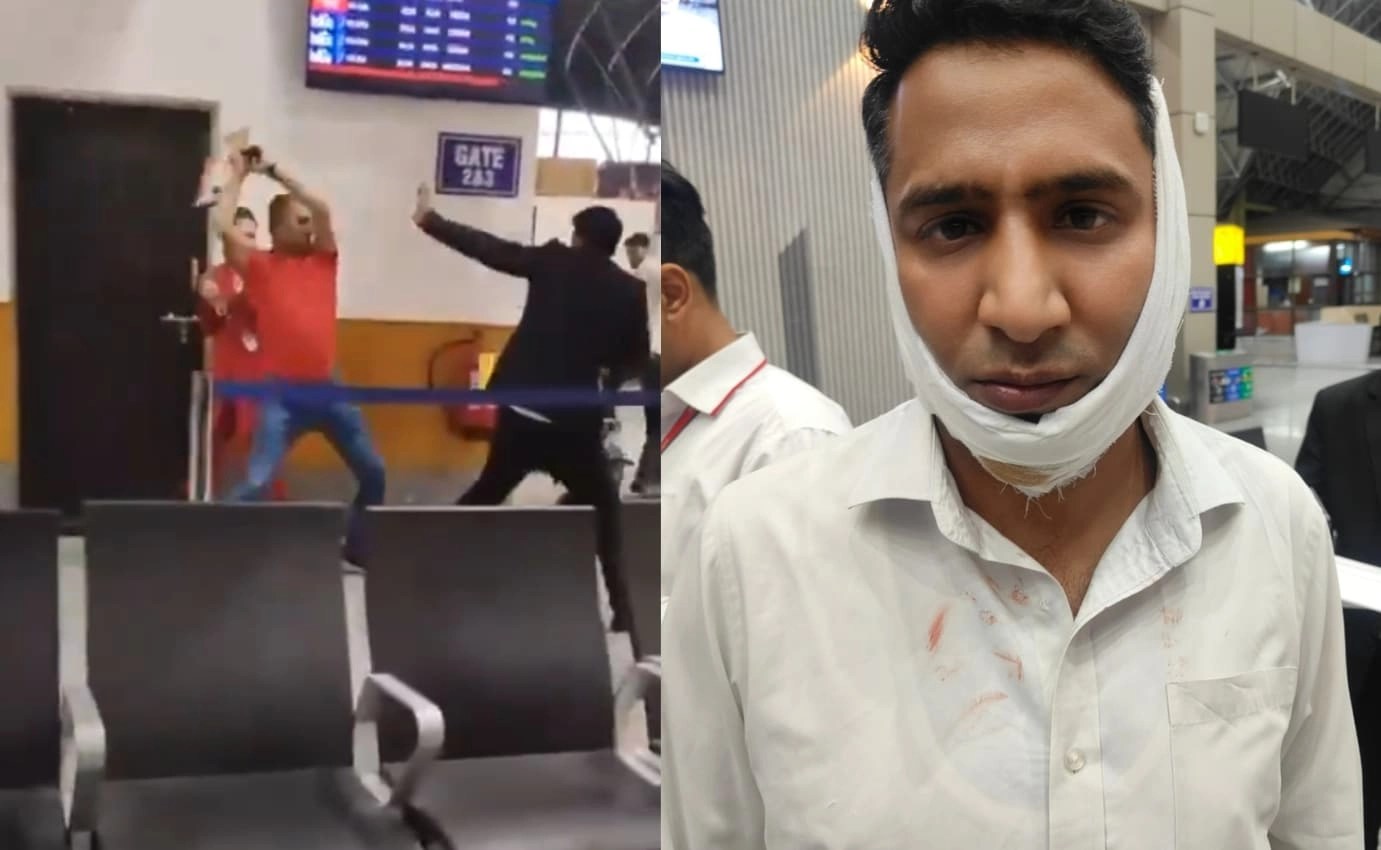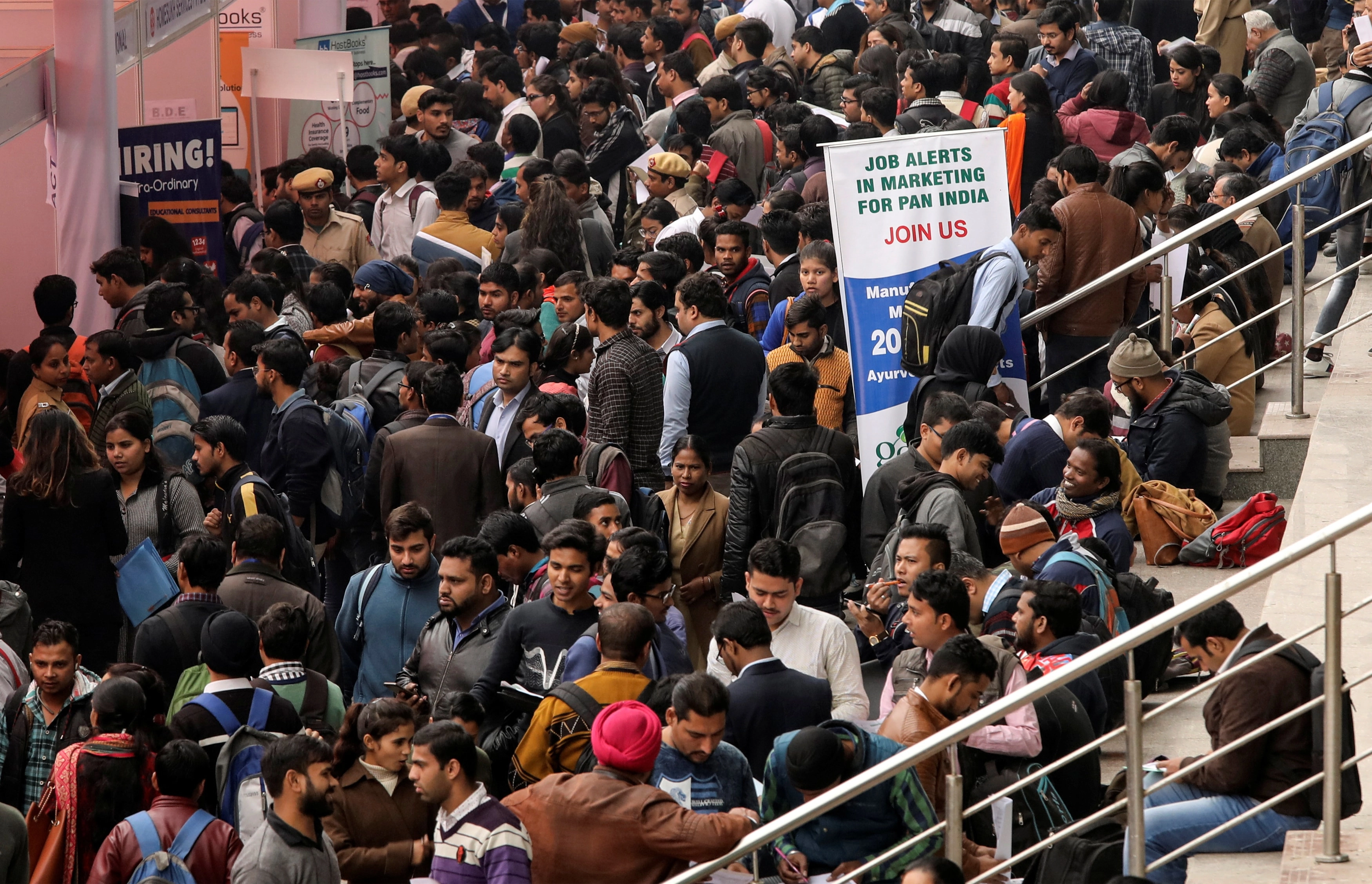In a recent political development, Tamil Nadu Chief Minister MK Stalin has urged Prime Minister Narendra Modi to step in and resolve the long-standing Katchatheevu dispute between India and Sri Lanka. This island, which is situated in the Palk Strait, has been a contentious issue, particularly concerning fishing rights for Tamil fishermen from the southern state. Stalin’s appeal highlights the ongoing struggles faced by local fishermen who often find themselves caught in the crossfire of territorial disputes and maritime regulations. The Chief Minister emphasized the need for a diplomatic approach to address the grievances of these fishermen, who rely heavily on the waters around Katchatheevu for their livelihood.
In response to Stalin’s request, the Bharatiya Janata Party (BJP) has criticized the Chief Minister’s approach, suggesting that the matter should not be politicized. BJP leaders argue that the Katchatheevu issue has been misused for electoral gain by various political parties in Tamil Nadu over the years. They assert that the central government is already taking steps to protect the interests of fishermen and ensure their safety at sea. This backlash from the BJP underscores the complexity of the Katchatheevu dispute, which is not only a matter of territorial integrity but also a reflection of the broader political dynamics within the state.
The Katchatheevu island was ceded to Sri Lanka by India in 1974, a decision that has been met with significant opposition from Tamil Nadu’s political leaders and fishermen alike. The lack of clarity regarding fishing rights and the enforcement of maritime laws has resulted in numerous confrontations between Indian fishermen and the Sri Lankan navy. As the situation continues to escalate, the intervention of the central government appears crucial in finding a sustainable resolution. The dialogue between state and central authorities will be essential in addressing the fishermen’s concerns while navigating the complexities of international relations.
Stalin’s call for intervention is a reminder of the pressing issues faced by local communities dependent on fishing for their livelihoods. It also reflects the broader socio-political environment in Tamil Nadu, where regional leaders often seek to assert their influence on national matters. As the debate unfolds, it remains to be seen how the central government will respond to these calls for action and whether they will prioritize the concerns of Tamil Nadu’s fishermen in the context of diplomatic relations with Sri Lanka. The resolution of this dispute is not only vital for the fishermen but also serves as a litmus test for the effectiveness of intergovernmental negotiations in addressing regional issues.




